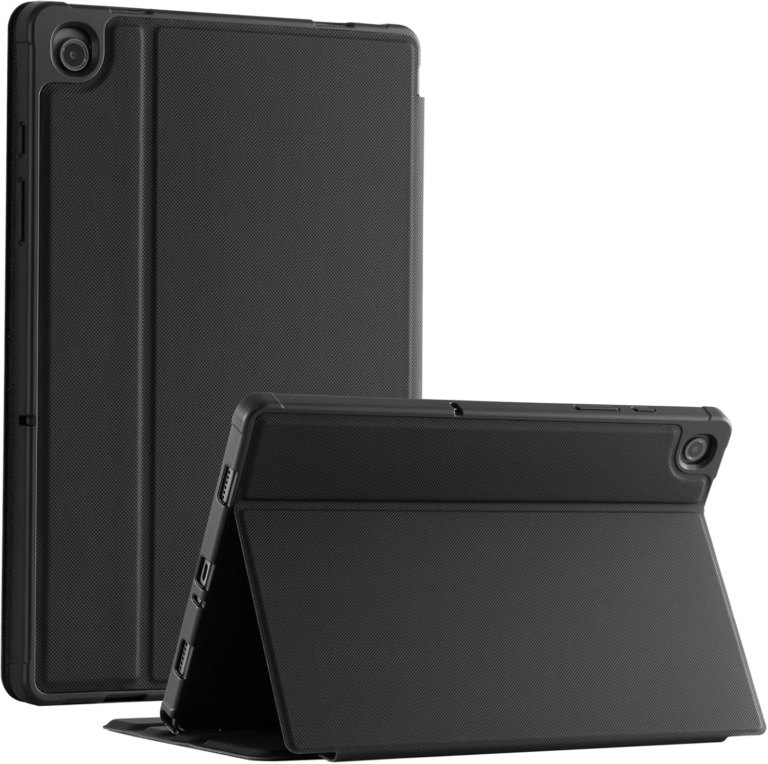The Difference Between 4G and 5G: A Comprehensive Guide
The advent of 5G technology has revolutionized the way we connect and interact with the world around us. But what exactly is the difference between 4G and 5G? Let’s dive in and explore the key differences between these two wireless network technologies.
Speed
- 4G: 4G networks offer download speeds of up to 100 Mbps, with average speeds ranging from 10-50 Mbps. Upload speeds are typically around 10-20 Mbps.
- 5G: 5G networks, on the other hand, offer significantly faster download speeds of up to 20 Gbps, with average speeds ranging from 100-900 Mbps. Upload speeds can reach up to 10 Gbps.
Latency
- 4G: 4G networks have latency rates of around 50-100 ms, which can cause delays in real-time applications like video streaming and online gaming.
- 5G: 5G networks boast latency rates of around 1 ms, making them ideal for applications that require real-time communication, such as online gaming, virtual reality, and remote healthcare.
Capacity
- 4G: 4G networks can support a large number of devices, but they can become congested in areas with high device density.
- 5G: 5G networks are designed to support a massive number of devices, making them ideal for applications like smart cities, IoT, and large-scale events.
Applications
- 4G: 4G networks are suitable for applications like browsing, emailing, and streaming video content.
- 5G: 5G networks enable a wide range of new applications, including:
- Enhanced Mobile Broadband (eMBB): Faster mobile internet speeds for streaming, gaming, and social media.
- Ultra-Reliable Low Latency Communications (URLLC): Mission-critical applications like remote healthcare, smart grids, and industrial automation.
- Massive Machine-Type Communications (mMTC): Large-scale IoT applications like smart cities, smart homes, and industrial monitoring.
Conclusion
In conclusion, 5G technology offers significant improvements over 4G in terms of speed, latency, capacity, and applications. As 5G continues to roll out globally, we can expect to see new and innovative use cases emerge that take advantage of its capabilities.
Whether you’re a tech enthusiast, a business owner, or simply a curious user, understanding the differences between 4G and 5G can help you make informed decisions about your wireless needs.






